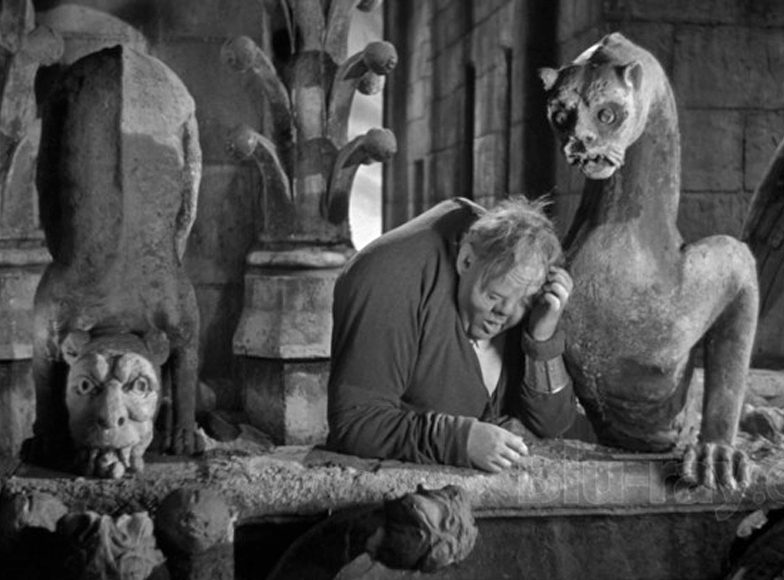“Why was I not made of stone like thee?” asks Quasimodo* in The Hunchback of Notre Dame (1939). We can relate to his lament: our restoration practice requires—and fosters—architectural empathy, a sensitivity for the inherent quality of materials and the value of historic fabric.
Of the many adaptations of Victor Hugo’s classic novel (Notre Dame de Paris), the 1939 film is still one of the most compelling. While the pathos of its story tends to dominate, the film is bolstered by great acting and the powerful presence of an uncredited character: the cathedral itself. In that sense, the novel and the film are really about the cultural dimensions embodied in Gothic architecture—still relevant today.

In keeping with the philosophy of “first, do no harm” (inspired by the Hippocratic Oath), our restoration designs strive to preserve as much original material as possible. And when replacement is required, we advocate for replacement in kind—in some cases, even reversing previous repairs. For example, we have specified new terra cotta elements where the originals had previously been replaced with GFRC.
Architectural empathy also includes embracing any building type and style. We’ve worked on New York buildings from the 18th through 21st centuries, from Colonial-era landmarks to Brutalist buildings and beyond. Structures of any era are worthy of preservation, whether their envelopes are gargoyle-covered or made of unadorned concrete. But if we were made of stone, we’d be much less flexible.
*Portrayed in classic style by Charles Laughton
14 Wall Street, 25th Floor, New York, NY 10005
(212) 505 1133
info@superstructures.com
Subscribe to SuperScript, our email newsletter.